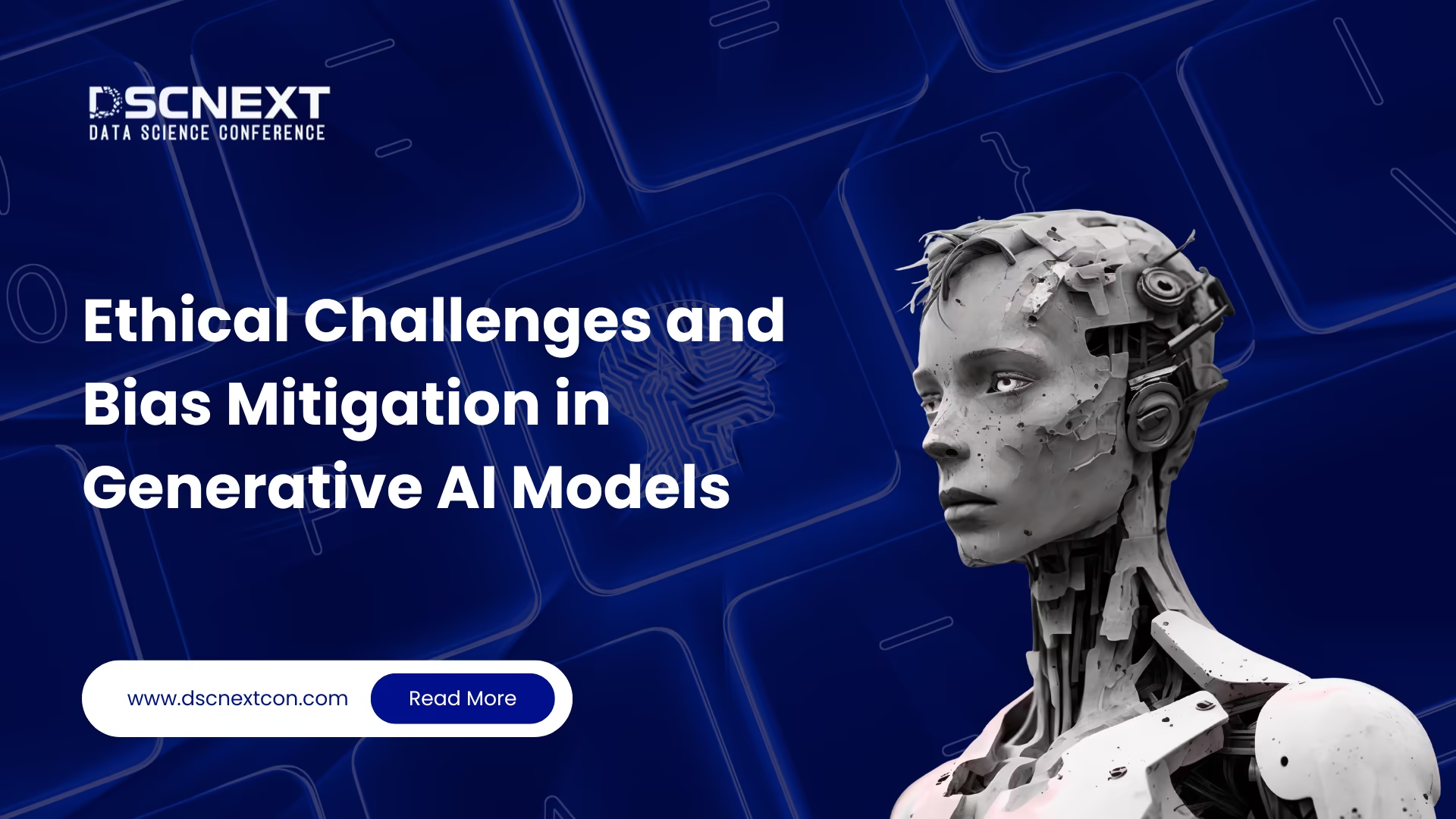Reinforcement Learning (RL) is a powerful and evolving branch of machine learning where an agent learns to make optimal decisions through interaction with an environment. By receiving rewards or penalties for its actions, the agent gradually improves its performance, learning through trial and error. Unlike supervised learning (which depends on labeled data) or unsupervised learning (which finds patterns), RL is centered around experience-driven learning and goal-oriented behavior.
Key Components of Reinforcement Learning
Agent: The learner or decision-maker that interacts with the environment.
Environment: The external system with which the agent interacts, defined by rules and dynamics.
State: A representation of the current situation of the environment.
Action: Choices available to the agent to influence the environment.
Reward: Numerical feedback received after each action, guiding the agent toward its goal.
This interaction is typically modeled as a Markov Decision Process (MDP), comprising states, actions, transition probabilities, rewards, and a discount factor.
The Reinforcement Learning Process
1. Observation: The agent observes the current state.
2. Action Selection: It selects an action based on its policy.
3. Environment Response: The environment changes state and provides a reward.
4. Learning: The agent updates its policy to maximize future rewards.
A key challenge in RL is striking a balance between exploration (trying new actions) and exploitation (choosing the best-known actions).
Core Concepts
Policy: The agent’s strategy—mapping states to actions.
Value Function: Estimates expected cumulative rewards to evaluate options.
Model: An internal simulation of the environment used in model-based learning.
Types of Reinforcement Learning Algorithms
Model-Free Methods: Learn policies or value functions directly from experience without building an explicit model of the environment (e.g., Q-learning, SARSA).
Model-Based Methods: Build a model of the environment and use it for planning and decision-making.
Policy-Based Methods: Directly optimize the policy to maximize rewards (e.g., REINFORCE).
Value-Based Methods: Focus on estimating value functions and deriving policies from them (e.g., Deep Q-Networks).
Applications of Reinforcement Learning
RL has proven effective across a wide range of domains, such as:
Game playing (e.g., AlphaGo, Atari games)
Robotics and autonomous vehicles
Recommendation systems and personalization
Resource optimization and logistics
Current Trends and Future Directions
Recent breakthroughs in deep reinforcement learning allow agents to operate in complex, high-dimensional environments using neural networks. The field is advancing toward:
Multi-agent systems
Integration with large language models (LLMs)
Safer and more sample-efficient learning
Sim-to-real transfer in robotics
Conclusion
Reinforcement learning is redefining how machines learn from experience to make intelligent decisions. From mastering strategic games to controlling autonomous systems, RL is at the heart of next-generation AI innovations.
At DSC NEXT 2025, the spotlight will be on cutting-edge advancements in RL, with experts showcasing its integration into real-world applications. As industries increasingly adopt RL, the event will be a hub for developers, researchers, and tech leaders to explore the next wave of intelligent systems.
Reference:
DataCamp:Reinforcement Learning: An Introduction With Python Examples

